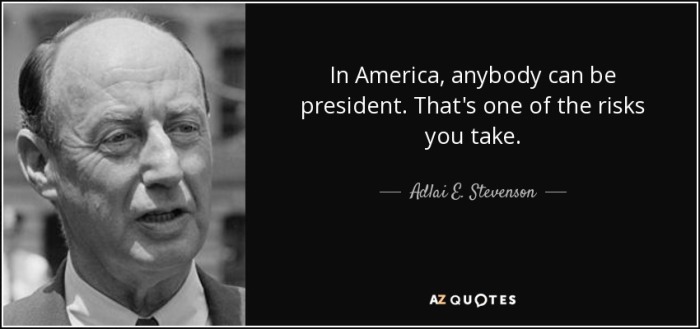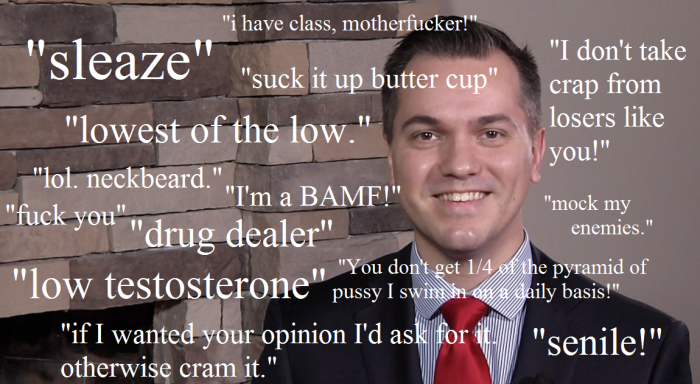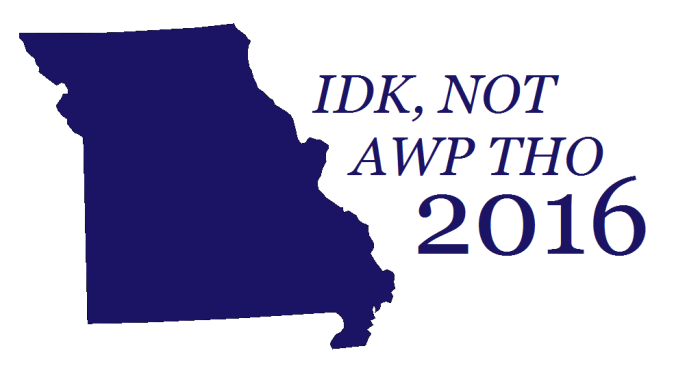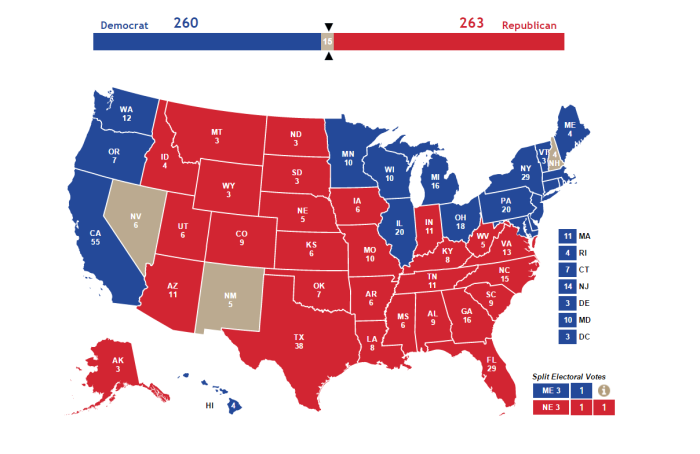One of the things Libertarians pride themselves on is that our nomination is a competitive and open process. Literally anybody can run for President, so long as they’re constitutionally eligible and a member of the party.
The downside of that is…. well: anybody can run for President.

This means that alongside the serious contenders to be the nominee, as well as sincere message-candidates aiming to shape the debate, we usually have a parade of delusional vanity campaigns trying to weasel their way into 15 minutes in the spotlight.
Typically, these candidates are harmless eccentrics, easily ignored by most in the party. Some years, however, there’s a candidate who manages to stand out… and not in a good way….

For those lucky enough to not know, Austin Wade Petersen (“three E’s” – he is very particular about that) is a 35-year-old resident of Missouri and, as we’ve previously described him, a “semi-professional Internet troll.” He briefly worked at the LNC HQ for a year during the Bob Barr campaign, had an unsuccessful foray into film production, and currently prefers to describe himself as the “founder” of a clickbait site so infested with pop-up ads and malware I won’t even bother to link to it here.
Running on zero relevant experience, Mr. Petersen’s main campaign issue, if you could even call it that, has been picking a fight with the radicals in the party over his condemnation of the “non-aggression principle,” which he derides as “pacifist anarchism.” There is, granted, a more intelligent conversation to potentially be had about the role of the N.A.P. in the Libertarian Party, but he doesn’t offer it.
Even Ron Paul’s non-interventionist foreign policy has come under fire from him as “sound[ing] like he hates America” and “a Soviet apologist,” while he also promises that “the [LP] platform will change in 2016 with me at its head.”
Beyond any substantive issue positions (which he’s pretty skimpy on), Austin’s campaign is based on open emulation of Donald Trump’s tactics: lie, insult, smear, be outrageously childish, and then when people object, ride the wave of negative attention. Except that unlike Trump, Austin is neither rich nor famous nor raking in large amounts of free media coverage. Still, here’s a representative sampling of the things you’ll see this self-proclaimed presidential candidate saying on social media, where he spends almost all of his time:
“I don’t take crap from losers like you.”
“You tubby piece of sh*t, you couldn’t even approach 1/4 of the pyramid of pu**y that I swim in on a regular basis. It’s because I have class, motherf***er!”
“Suck it up, buttercup.”
“low testosterone, as evidenced by his spindly frame.”
“lol. neckbeard!”
“If I wanted your opinion I would ask for it. Otherwise cram it.”
And that’s what he has to say to voters and Libertarians and interviewers! When it comes to other candidates, Steve Kerbel is “sleaze”and “the lowest of the low,” while John McAfee is “a drug addict.”
The main target of his vitriol, of course, has been the presumptive nominee Gov. Gary Johnson, whom Austin has attacked as “a low-energy drug dealer.” The Chair of the Libertarian National Committee has fared no better, with Petersen posting Nicholas Sarwark’s personal cell phone number and encouraging people to call and complain during dinner, because the party accurately reported that Austin lost his home state to “uncommitted” in the Missouri primary.

Even Libertarian activists and volunteers like Colorado’s Caryn Ann Harlos- well-known in the party for her hot-pink hair- have been subject to organized harassment and bullying from Austin’s army of sock-puppet accounts and spammers. And that “low testosterone, spindly frame” comment above? That was said in reference to myself– who among other things got the Libertarian Party back on the ballot in my state– after which he sought to clarify at the Illinois L.P. convention that he wasn’t being homophobic, just an asshole. This was also after he commented on my personal FB page almost twenty times in a row with nothing but cartoon emojis.
On April 1st, appropriately enough, John Stossel will air a presidential forum among the “top-three” LP candidates, as measured by an easily-stuffed online poll. This was after Austin threw a very public screaming hissy fit, complete with knowing lies and willful slander, over the fact that Johnson did not cancel a planned debate at a state LP convention in order to have a non-televised debate moderated by Stossel at a conference. So, now, Austin has managed to get himself on T.V. as a presidential candidate the only way he can: by getting a real candidate to show up and treat him as the serious competitor he is not.
On April 1st, you’ll no doubt see a highly-polished and over-rehearsed Rubio-esque bit from Austin on FBN, and if he isn’t forced to go off-script he might even make a good impression. But that’s only because the real Austin Petersen, that members of the Libertarian Party have seen in action these past months, could never be aired on television. Not even on Fox.
Nominating this petulant man-child would be an utter disaster, but even promoting him as a serious contender for the party’s presidential nomination is doing the L.P. no favors. The sooner Austin ends this charade and goes home, the less damage he will have done to the party in a year when we have a historic opportunity to make an impact. If he genuinely cares about the future of the Libertarian Party, like he claims, he should end his campaign immediately, and start promoting our general election campaign that is already polling in double-digits against Trump and Clinton.
Update 1 Austin Petersen’s campaign manger responds:

Update 2 Andy, Joe, Jeff, and Jeffrey discuss this article on the latest ODLRN podcast:



